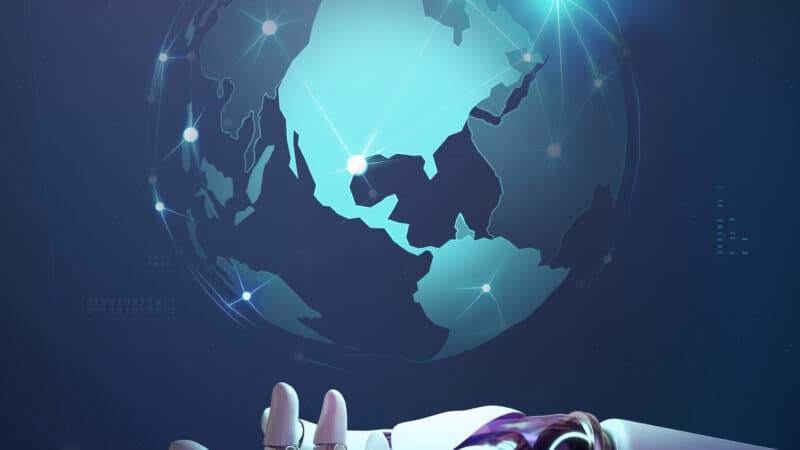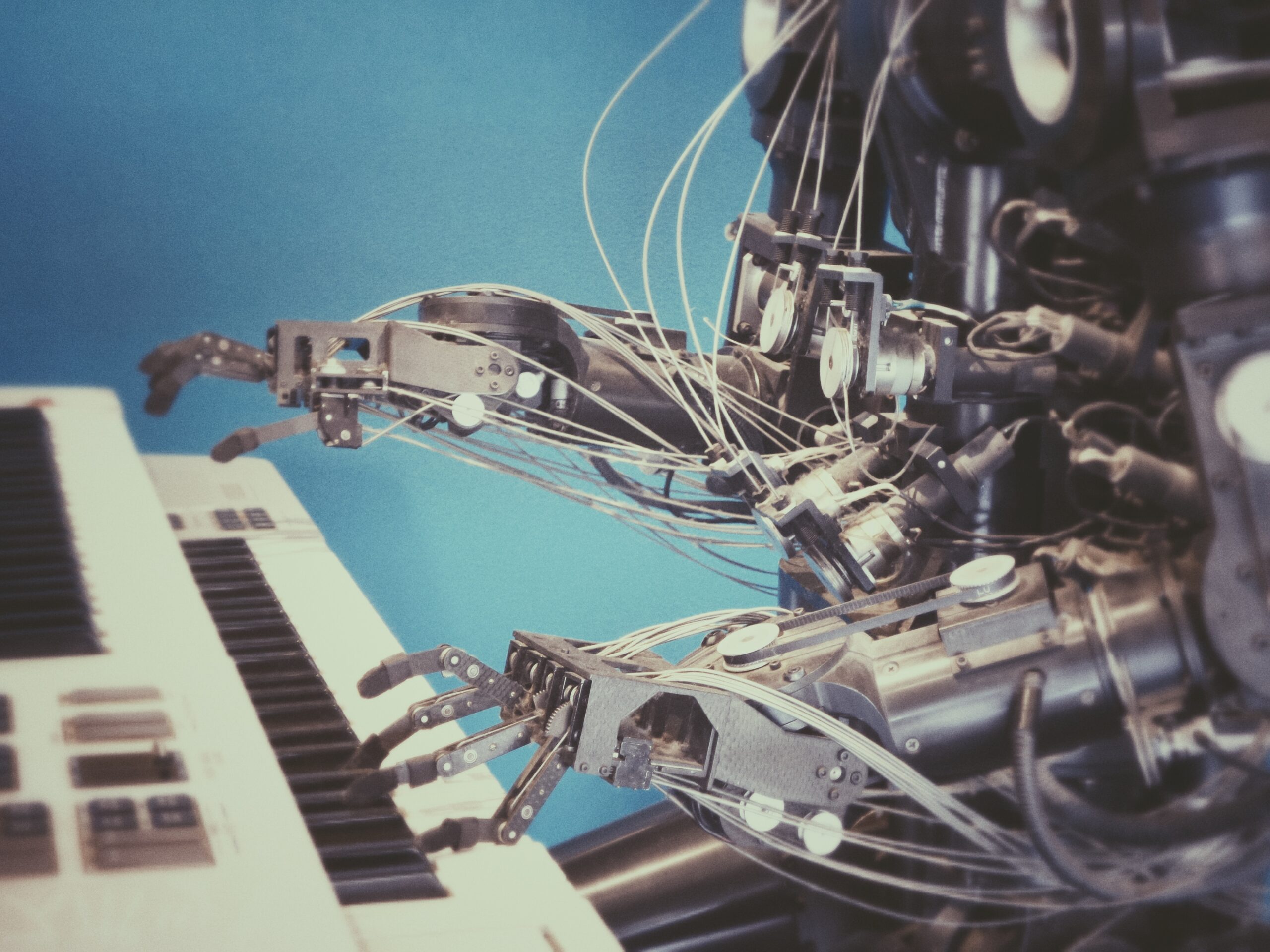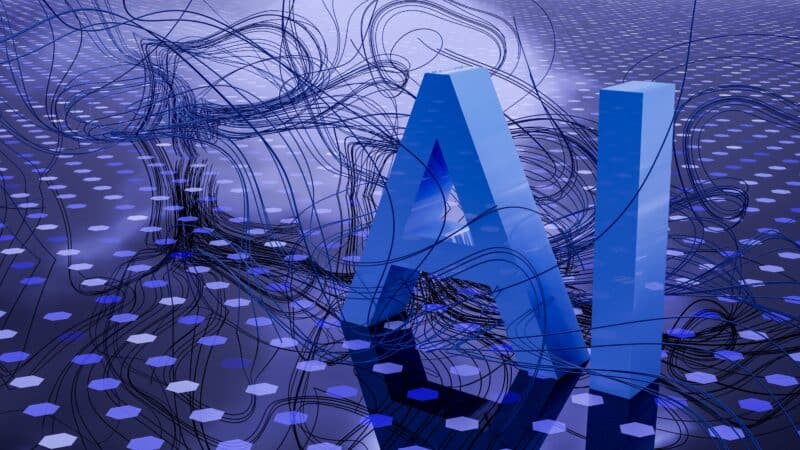Why is it Important to Know a Programming Language?
You may have come across the term programming (or its synonyms) in many situations. If you haven’t, here’s a brief definition: Computer programming is done when a computer is given a set of instructions to perform a set task. Sounds too technical? Simply put, programming is a way for humans to make computers do specific tasks, and to facilitate this communication, the human must know programming languages.
Source: Wikimedia Commons
Why Programming Languages?
A programming language is in many senses similar to a regular language: it follows some core guidelines and syntaxes, and has sets of vocabulary and pronunciation that are unique to the language. Why is it important to know at least one programming language? Think of it this way. Programming languages are used to communicate very specific instructions to a computer, and this translates to whether the computer does the intended task, or decides to conquer all of humanity. This amount of responsibility also cultivates a sense of problem solving and critical thinking within humans. In order to build a program, a lot of thought is put into its purpose, functionality, userbase, creation, etc. This requires a high level of planning, which is useful in situations other than just programming. Programming also refines mathematical skills, because programming is a lot of algebra and statistics.
But I Don’t Want a Career in Computer Science!
It is an obvious truth that our world is moving towards A.I. and automating tasks. Robots have already started taking over jobs involving extreme precision, and those that are dull and monotonous. It is only a matter of time before all jobs become something to do with controlling, operating or creating machines capable of performing the intended task. If you want to become a surgeon, I’m sorry, your job is most probably not going to last long. Robots have proven to be better at surgeries than any human surgeon. If you want to become an engineer, robots are enroute to taking that job too.
That doesn’t mean you need to ignore your passion and take up computer science. Be a doctor. Be an engineer. Because the theoretical knowledge you gain from these streams will help you develop better systems. If you have a medical background, you are at a better position to program an application that monitors health and suggests appropriate tips to improving health. If you are a surgeon, you can program a robot that assists in performing the exact surgery you want, with extreme precision.
So remember, you don’t need a career in computer science to have to learn programming languages. You can learn regardless, because if anything, it is a new discipline. And with a new discipline comes more learning, which ultimately improves your mind.
Try exploring this vast field. Listen to podcasts related to computer science, read about the fascinating developments in technology etc. Trust me, this mind-blowing field will make you fall in love with it. You can start by reading this extremely gripping article that captures the essence of the impact of technology and computers on the world – A Changing World – Technology, The Rise of AI and Conquer of Social Media
Okay, How Do I Learn a Programming Language?
There are millions of courses available on the Internet. Moreover, since programming is gaining popularity at an exponential rate, content is extremely accessible. You can find numerous YouTube channels devoting themselves to teaching programming, and thousands of tutors on Udemy, Coursera and other leading online-education platforms. If you’re more of a hands-on learner, you can identify hundreds of personal tutors or organisations with infrastructure to teach programming languages. What’s more? Most courses are free! So if you ever change your mind about learning a particular language, you aren’t under the commitment that you paid, and thus have to utilise it!
Check out the article Best free online courses to kickstart your journey!
Next Steps?
Improve your lives by practising at least one programming language. My go-to language for beginners would be Python, for its simplicity and ease-of-understanding. Learning one language will give you an understanding of the underlying concepts of programming in general, and this can be applied to any new programming language you wish to learn in the future. So, take up a course today, and fast-forward your lives!



